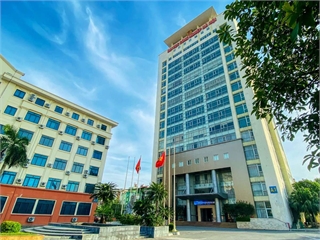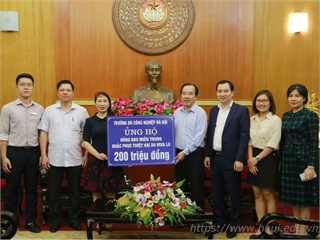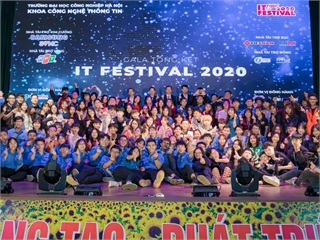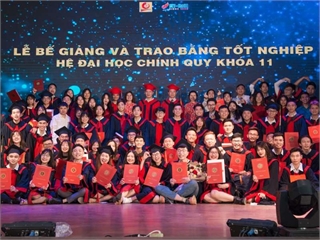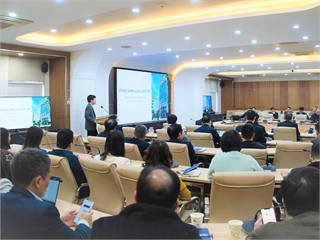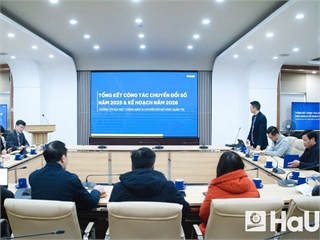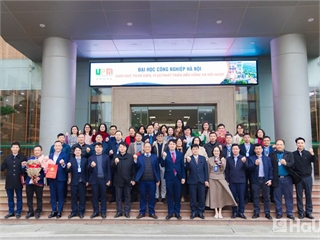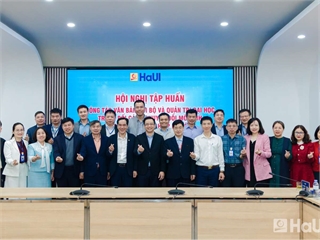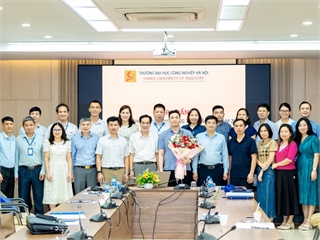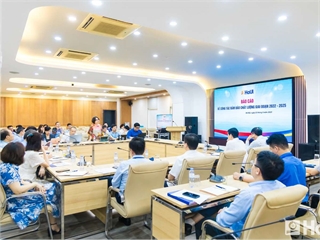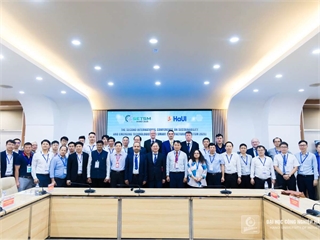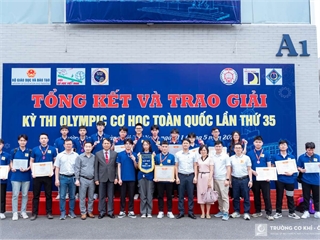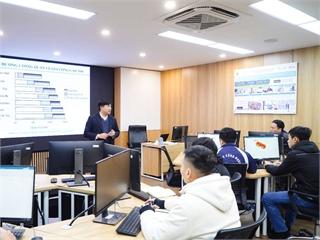Public service culture as a cornerstone of sustainable higher education development in the new era
On May 28, 2025, Hanoi University of Industry (HaUI) organized a thematic seminar entitled “Public Service Culture in the Context of Contemporary Higher Education Reform.” The event attracted the enthusiastic participation of university staff and employees, reflecting growing interest in professional ethics, institutional culture, and public responsibility in academia.
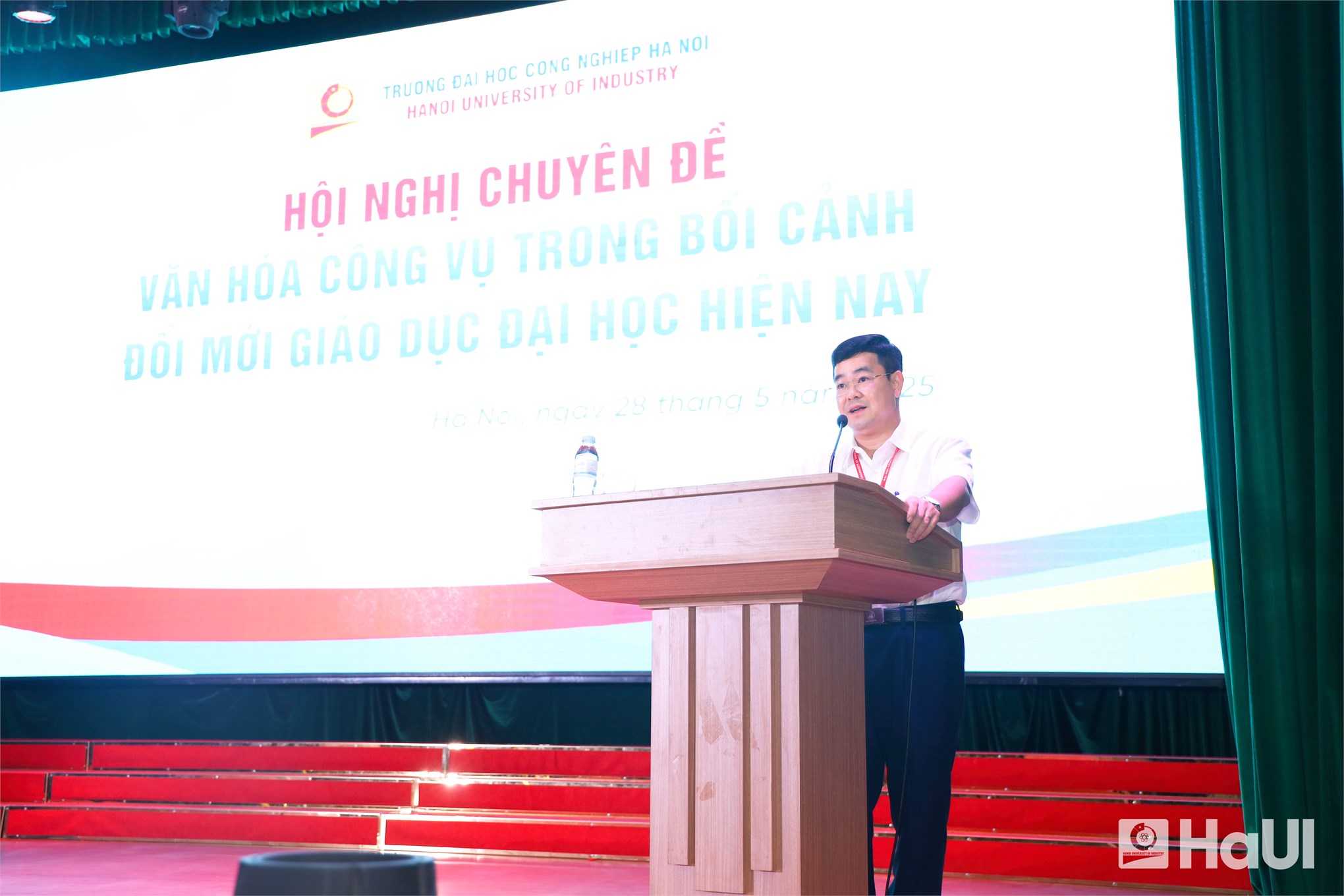 Dr. Nguyen Van Thien, Vice Rector of HaUI
Dr. Nguyen Van Thien, Vice Rector of HaUI
In his opening remarks, Dr. Nguyen Van Thien, Vice Rector of HaUI, emphasized the importance of fostering a working environment characterized by transparency, democracy, professionalism, responsibility, dynamism, and efficiency. He highlighted that Hanoi University of Industry is implementing a range of strategic measures to build a modern, humane, and happy university, aligned with the goals of higher education governance reform. These efforts aim to lay a solid foundation for the sustainable development of the institution in the years to come.
The seminar's keynote speaker was Prof.Dr. Nguyen Quoc Suu, Deputy Director of the Academy of Public Administration and Governance, Ho Chi Minh National Academy of Politics. In his address, Prof. Sửu delivered profound insights into the evolving nature of public service culture and its relevance in transforming public institutions, especially universities.
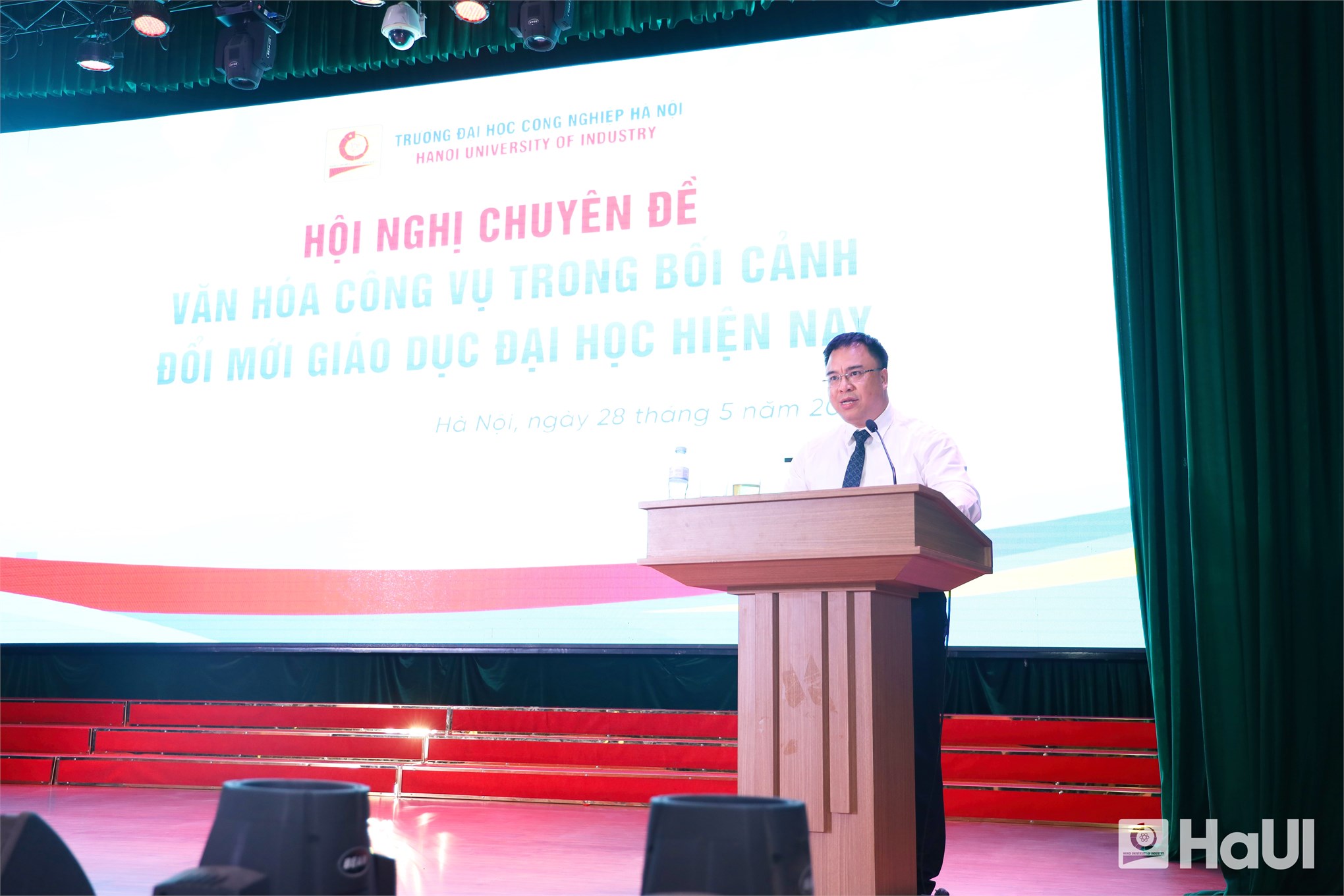 Prof.Dr. Nguyen Quoc Suu, Deputy Director of the Academy of Public Administration and Governance, Ho Chi Minh National Academy of Politics
Prof.Dr. Nguyen Quoc Suu, Deputy Director of the Academy of Public Administration and Governance, Ho Chi Minh National Academy of Politics
Prof. Suu underlined that, in the current period of national development, the Party and the State of Vietnam have been emphasizing the construction and improvement of the socialist rule-of-law state. This vision is supported by four strategic pillars: institutional reform, scientific and technological advancement, international cooperation, and the development of the private sector. These pillars aim to propel Vietnam forward in the new era of globalization and digital transformation.
Importantly, the seminar explored public service culture not merely as a set of procedural norms but as an ethical foundation oriented toward shared values and the common good. It highlighted that the essence of culture lies in striving for human dignity, collective well-being, and national progress. Public service culture entails not only legal compliance and discipline but also moral commitment to serving people and promoting transparency.
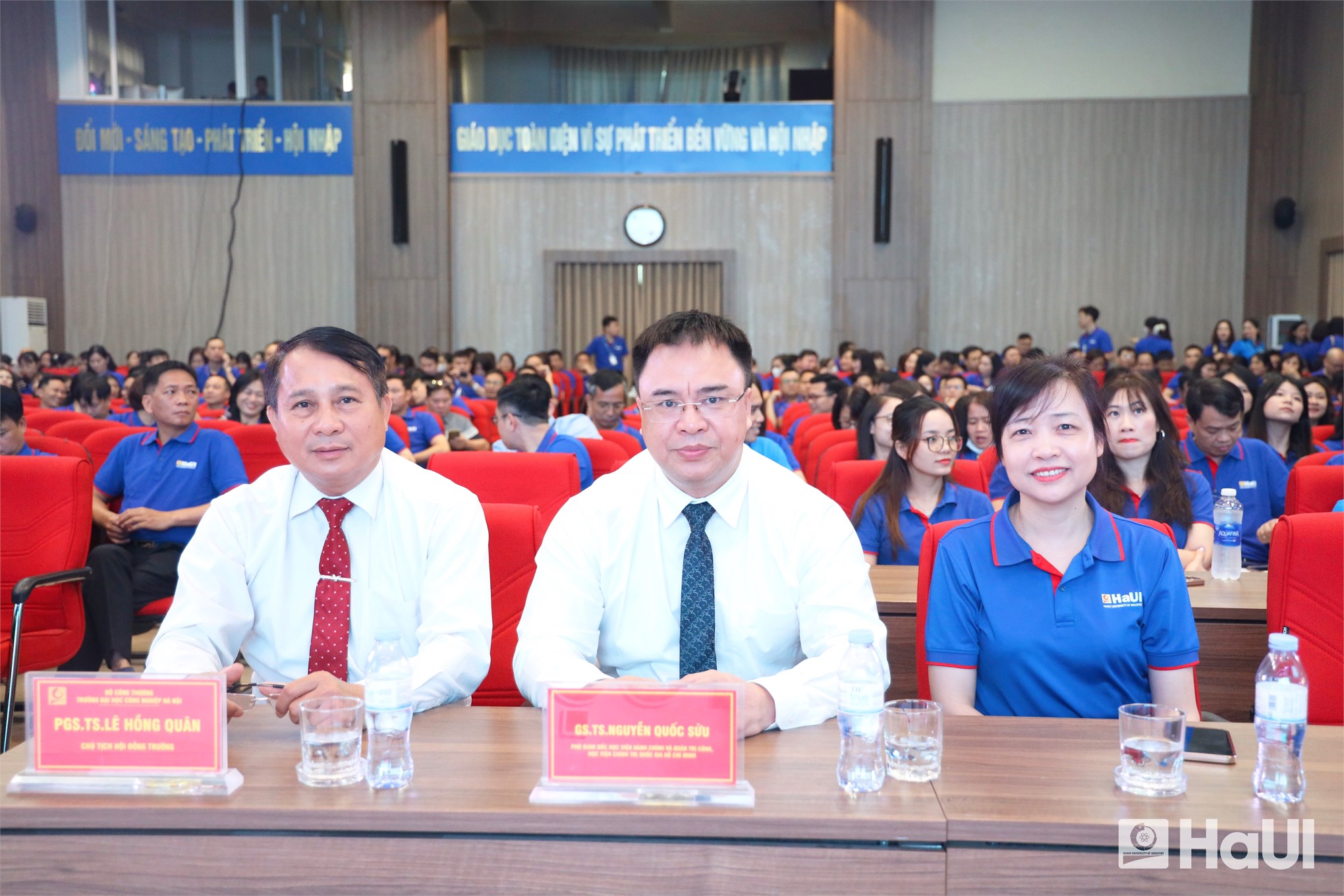
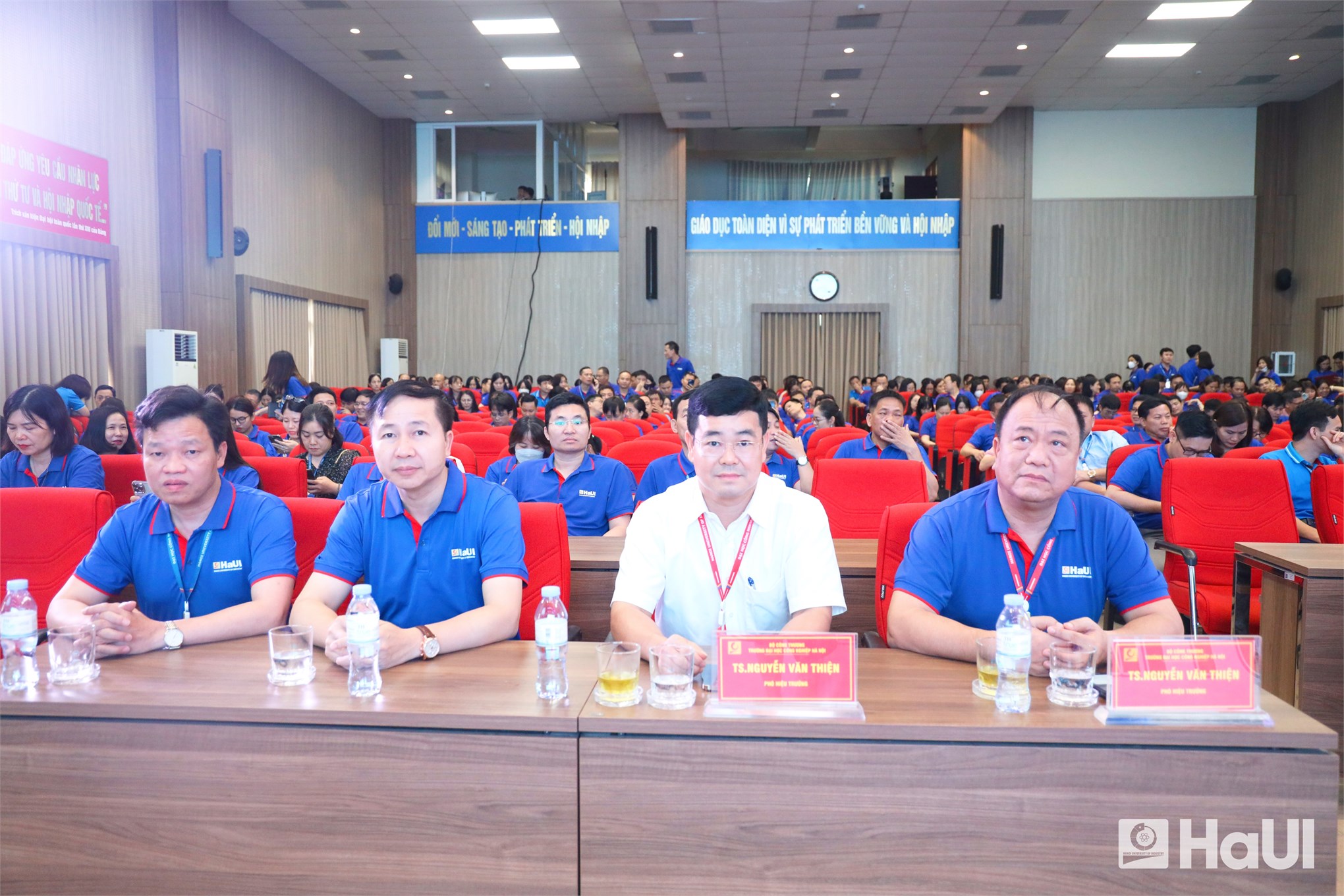
The seminar's key messages resonated strongly with participants, provoking critical reflection on professional conduct and sparking collective aspirations to build a more ethical, experienced, and human-centered working environment at HaUI. These reflections lay the groundwork for continued institutional innovation and capacity building, enabling HaUI to enhance its training and research quality in alignment with the national development agenda.
The seminar also featured active engagement from HaUI staff, who exchanged ideas and raised thoughtful questions with the keynote speaker. These interactions enriched the discussion, reflecting the staff’s keen interest in cultivating a strong public service ethos and their commitment to the ongoing reform of university governance and professional culture.
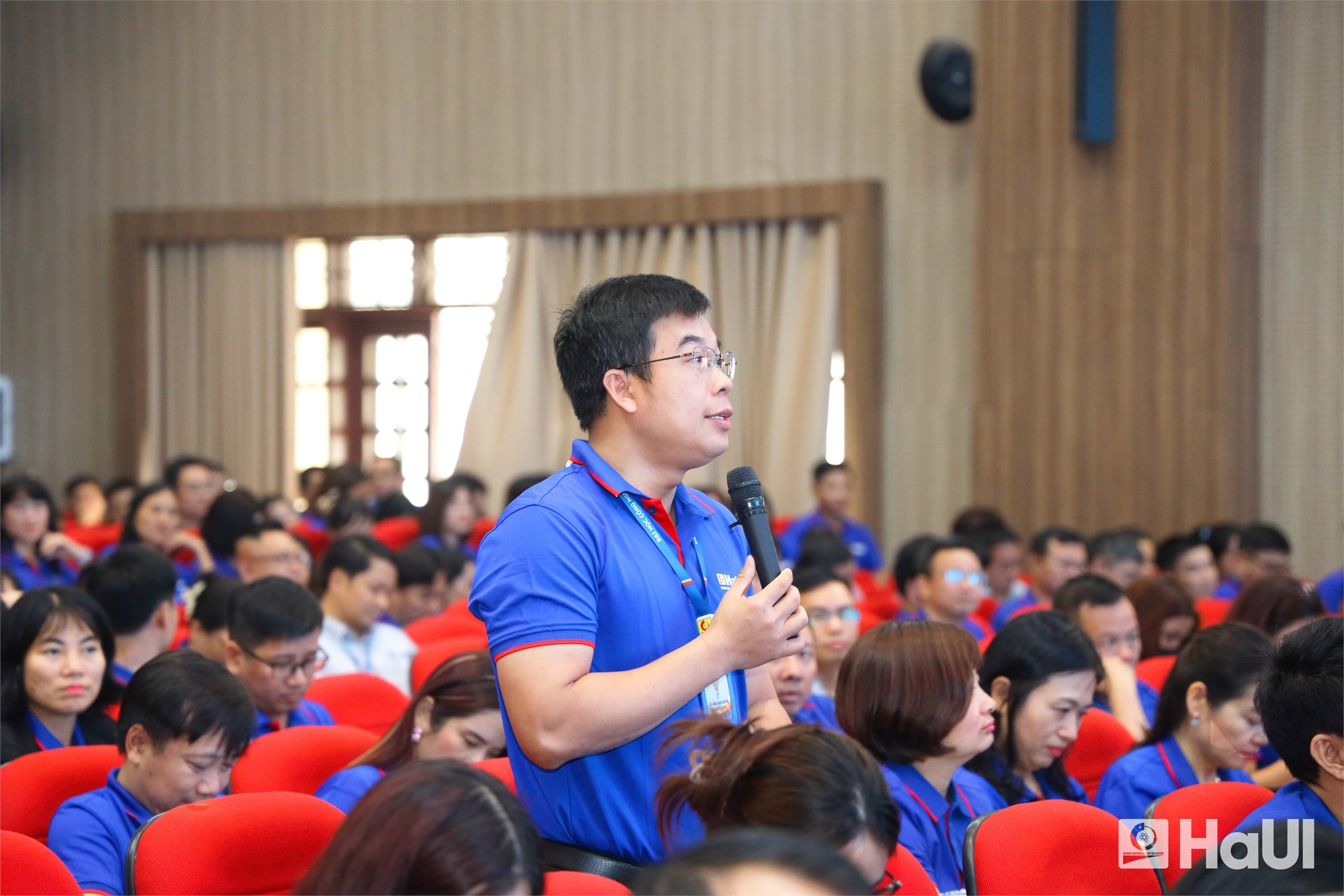
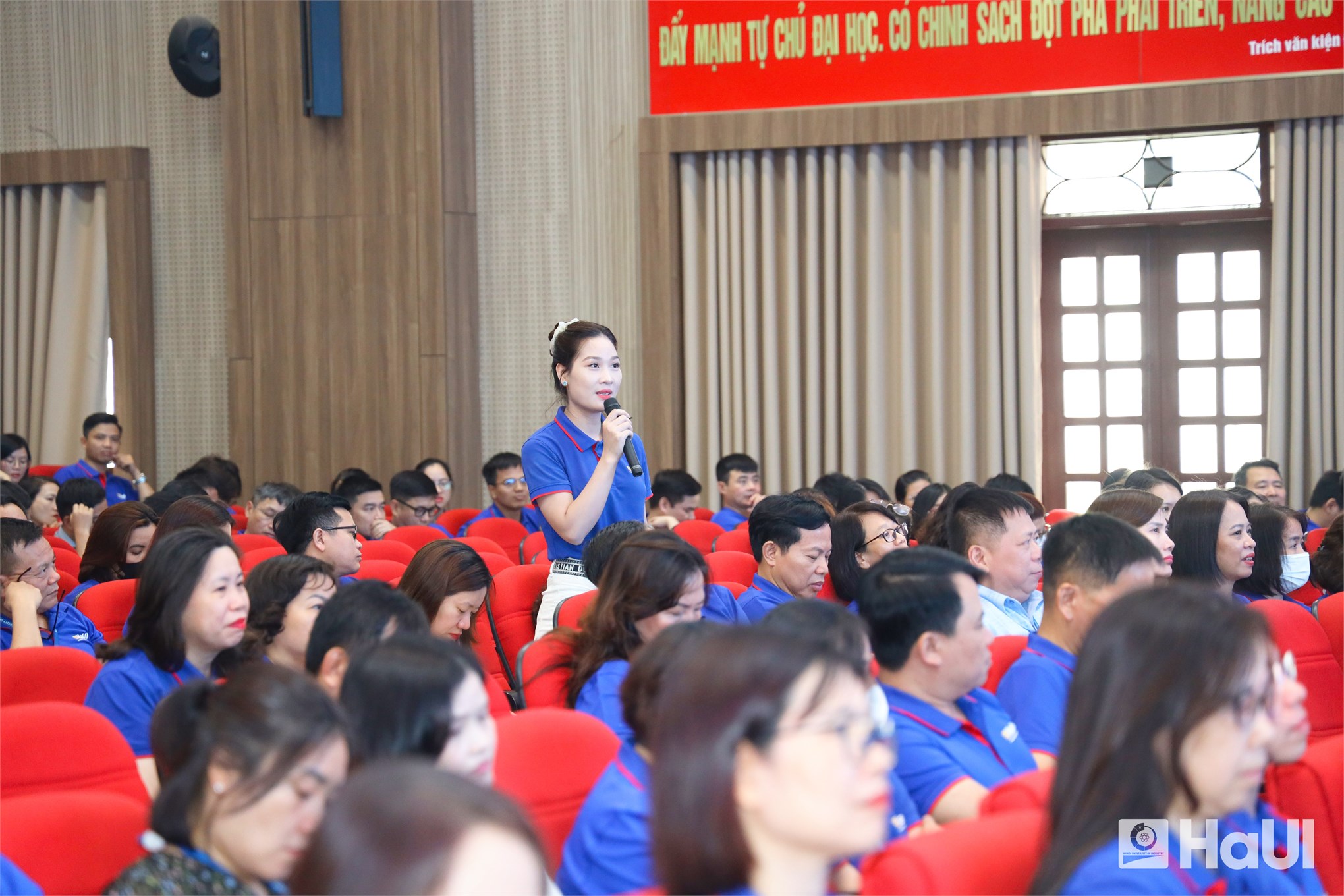
In the broader context, public service culture remains a crucial factor in the modernization of Vietnam's higher education system. It serves as a driving force behind administrative reforms, quality assurance, and the creation of a responsive and accountable academic ecosystem. By embedding the values of public service into everyday institutional practices, universities can better fulfill their missions in education, research, and societal engagement.
-
Wednesday, 19:11 28/05/2025
